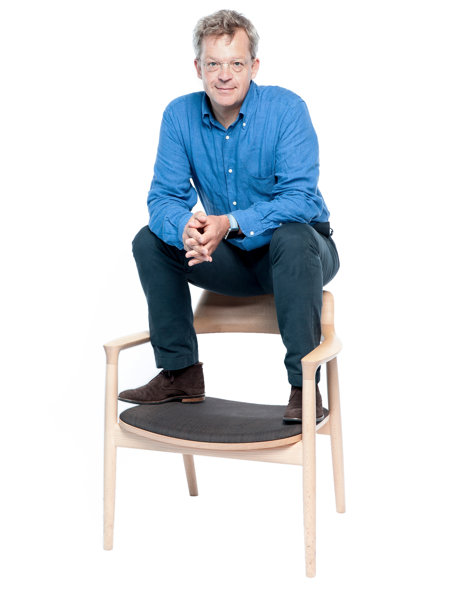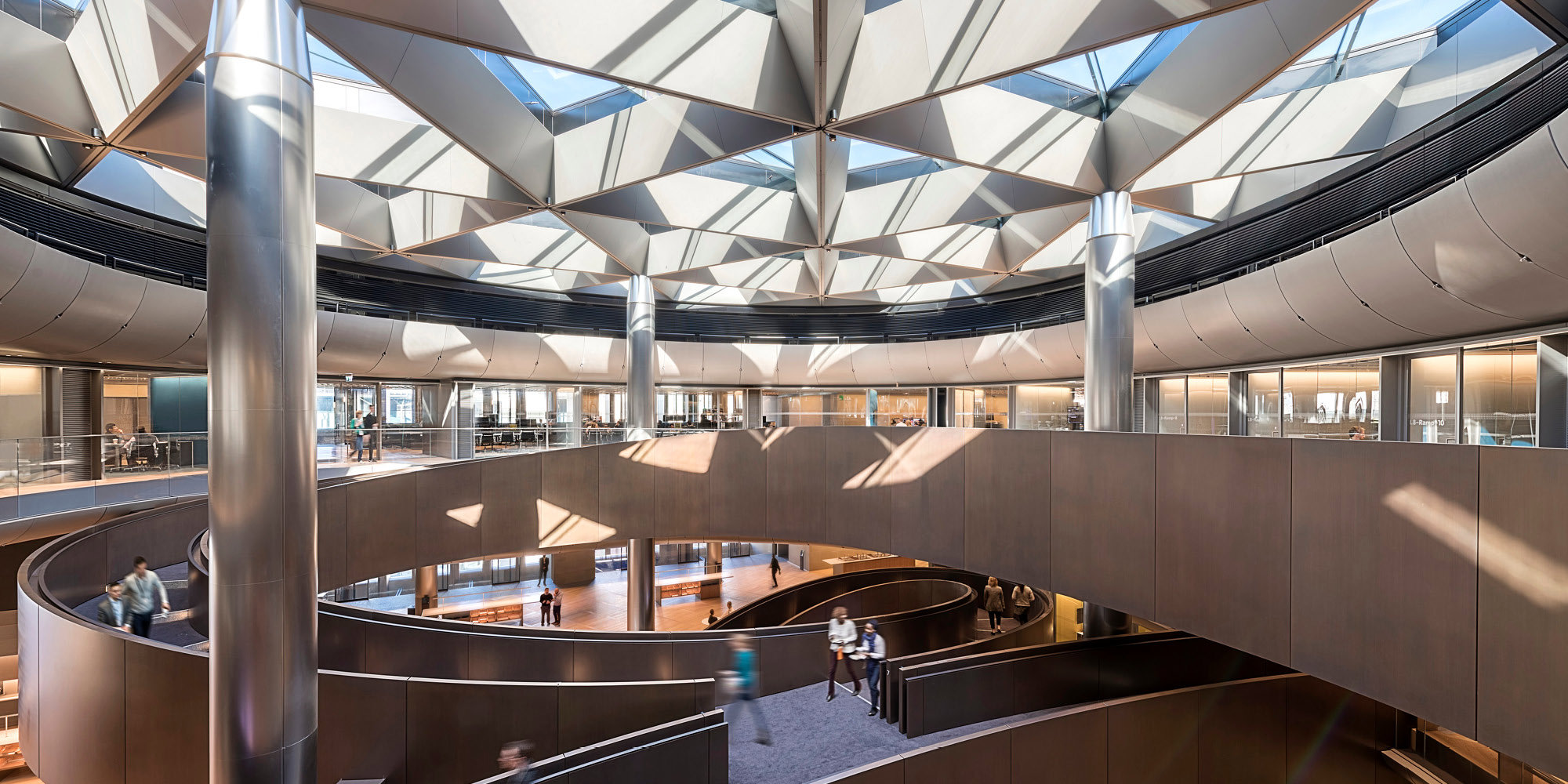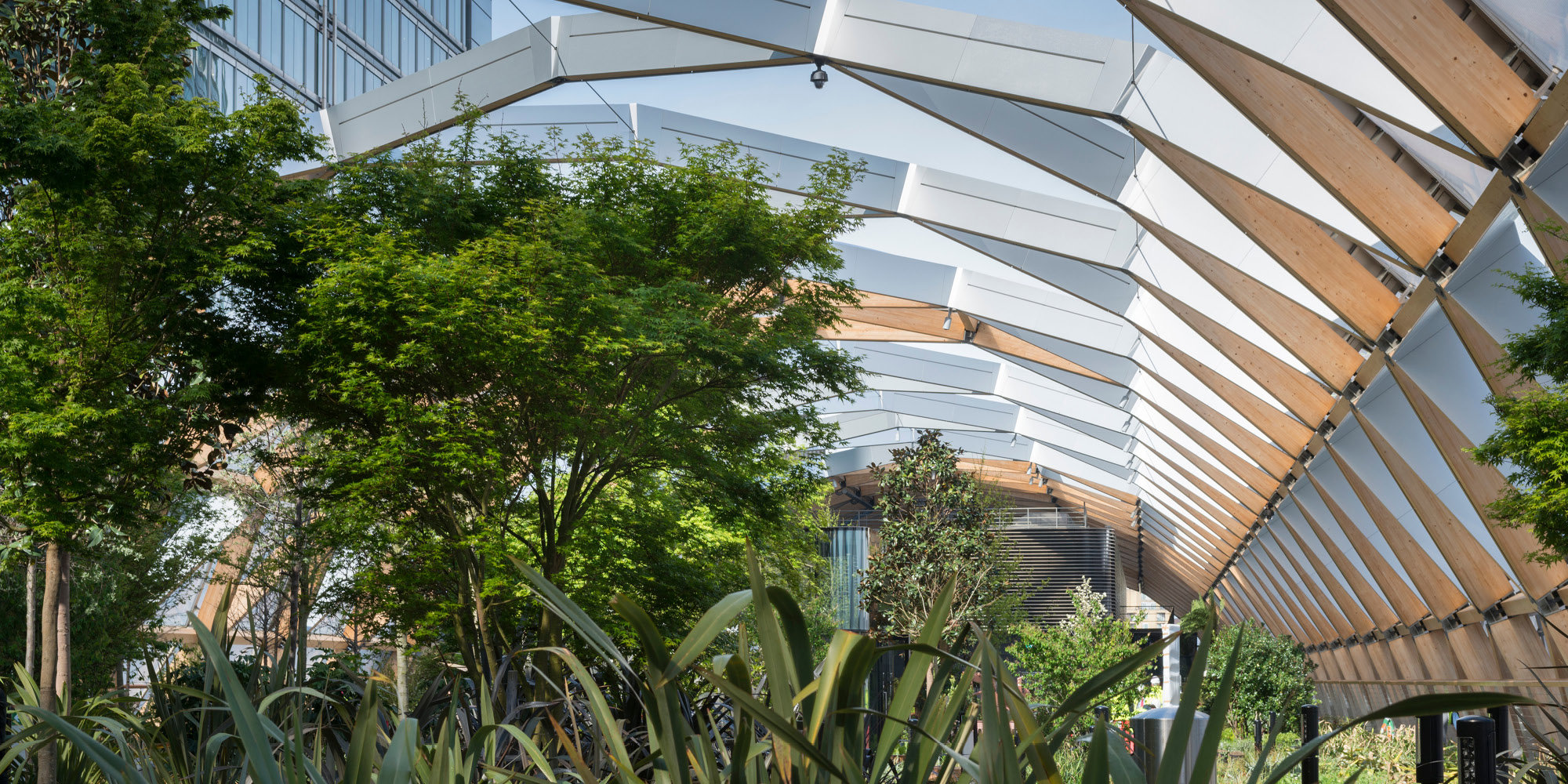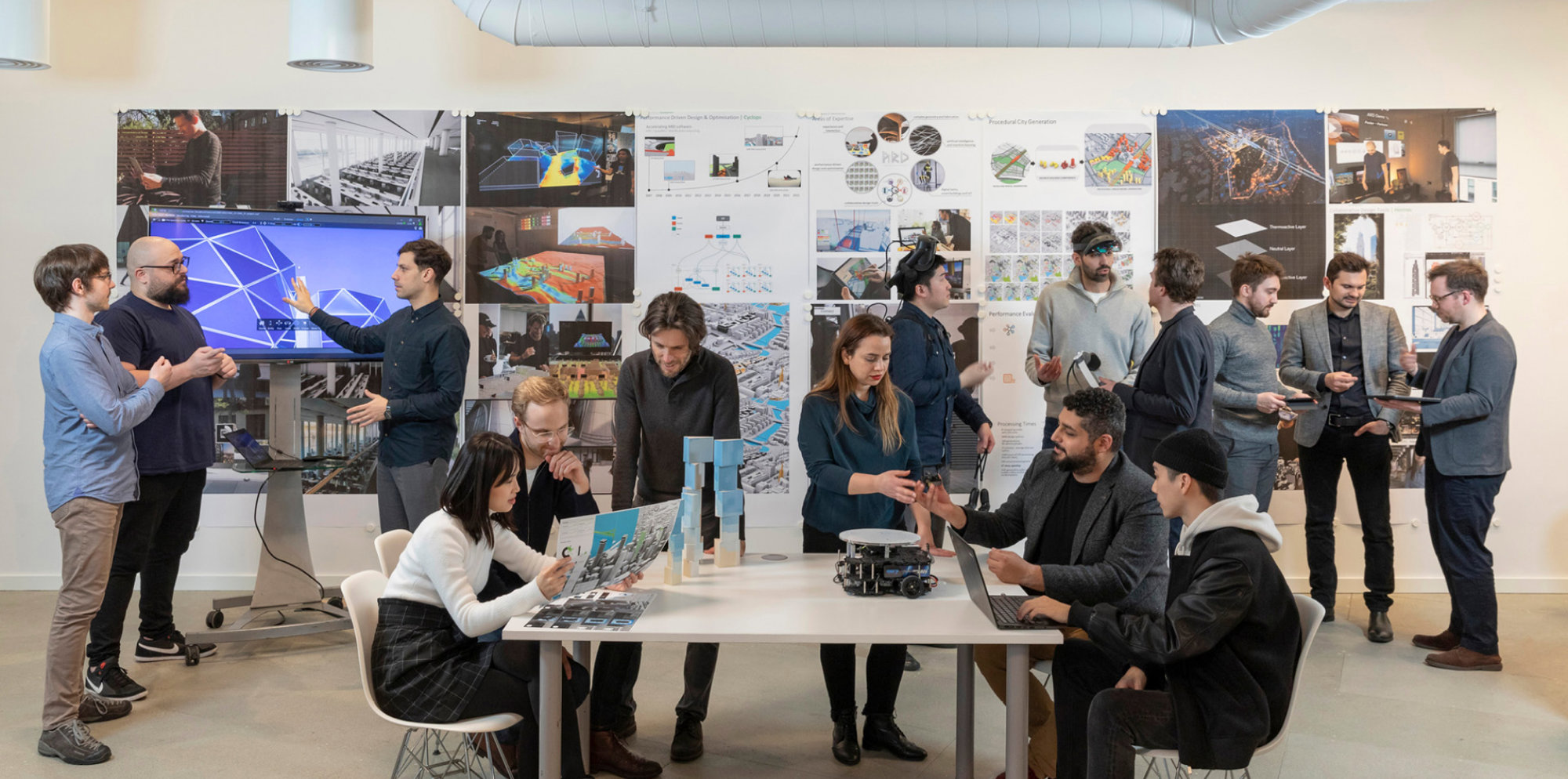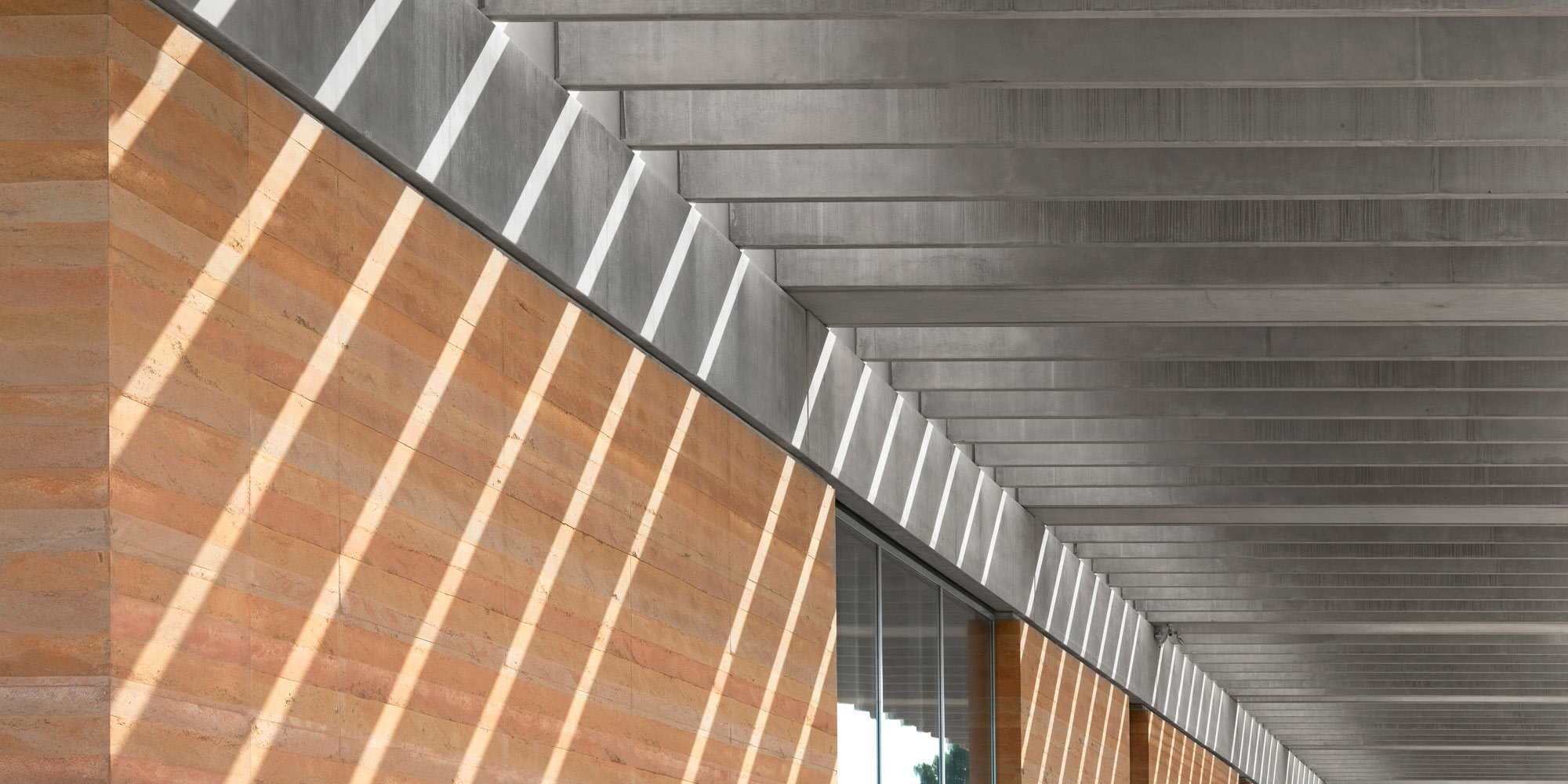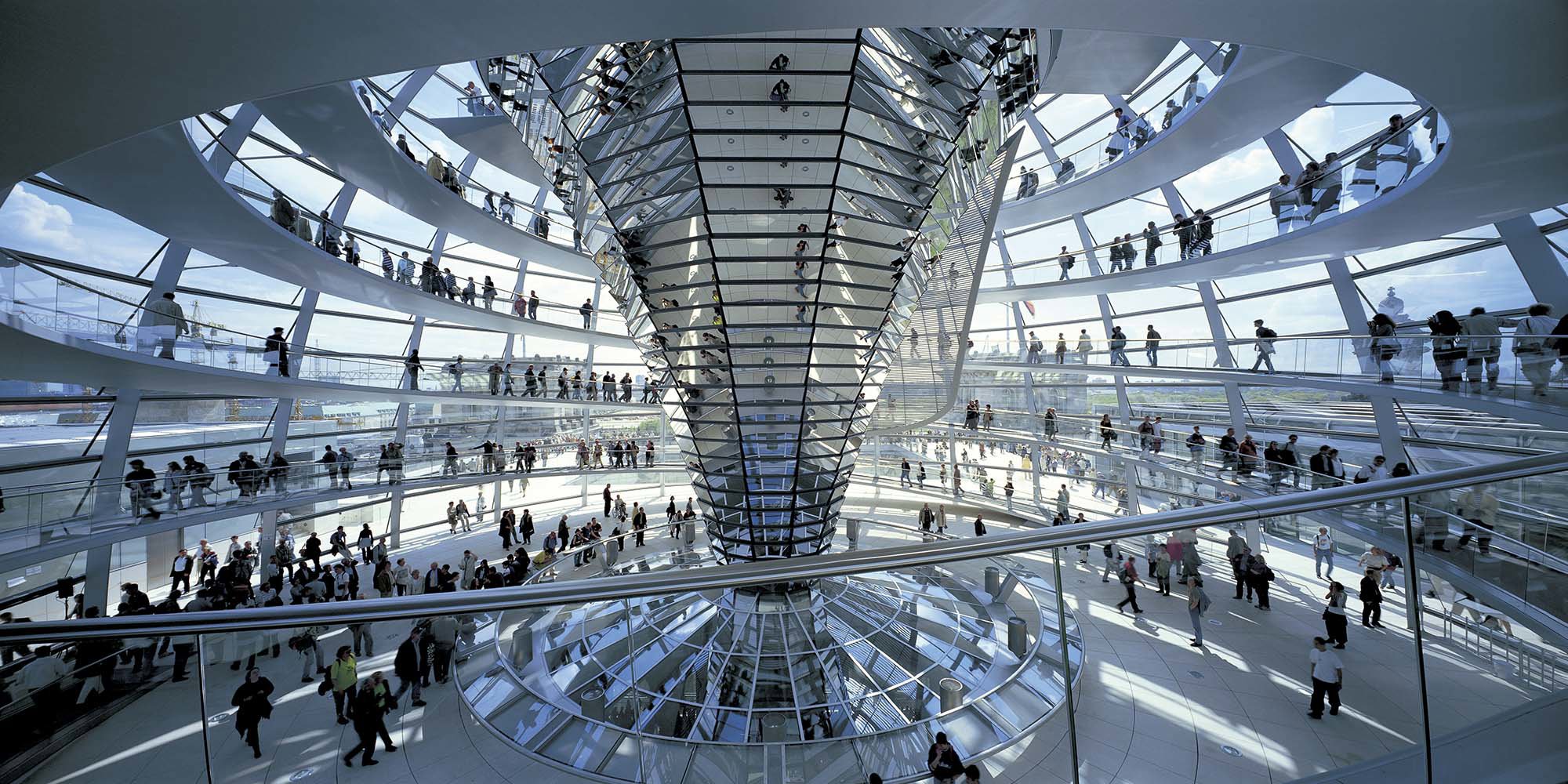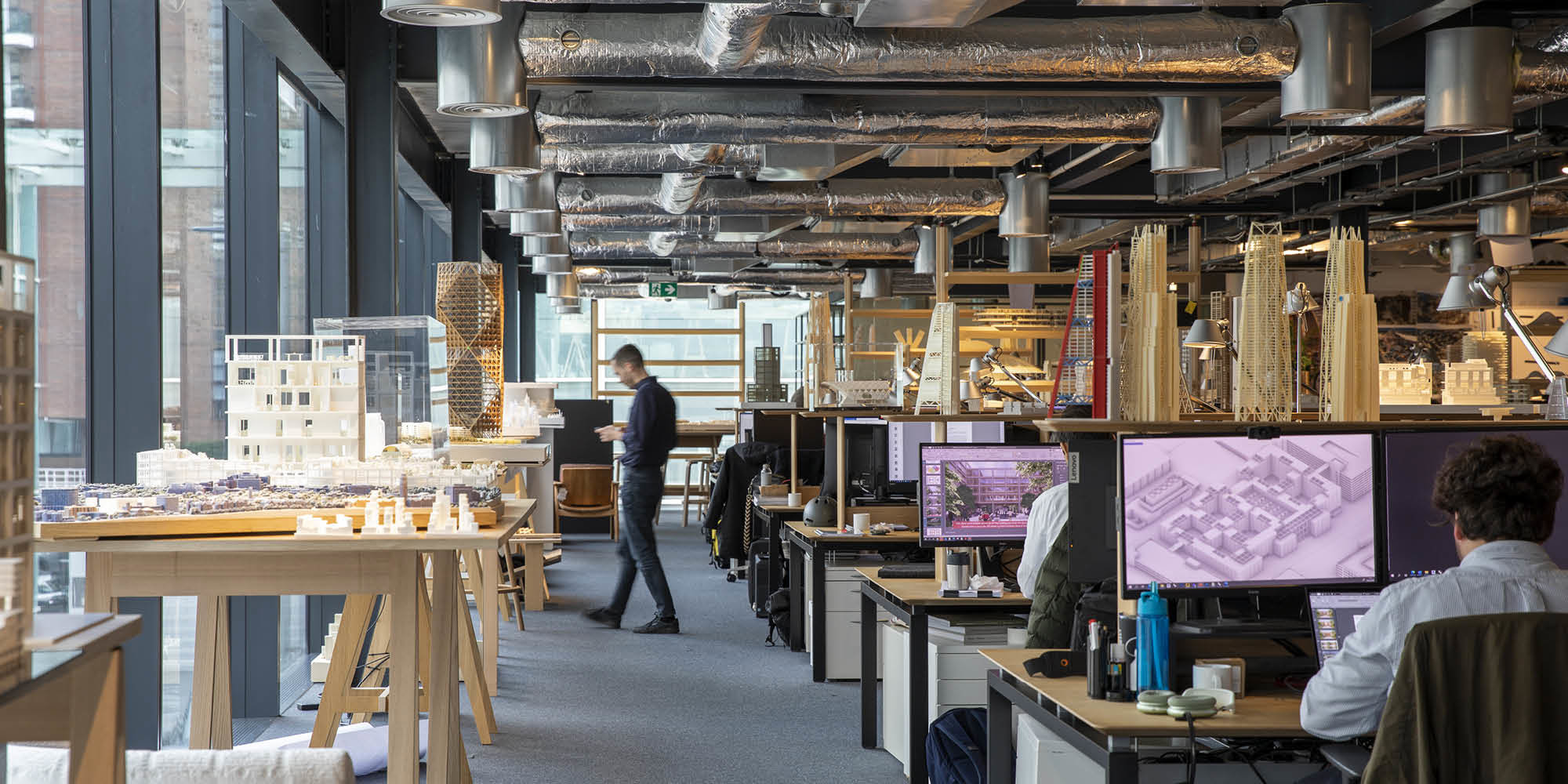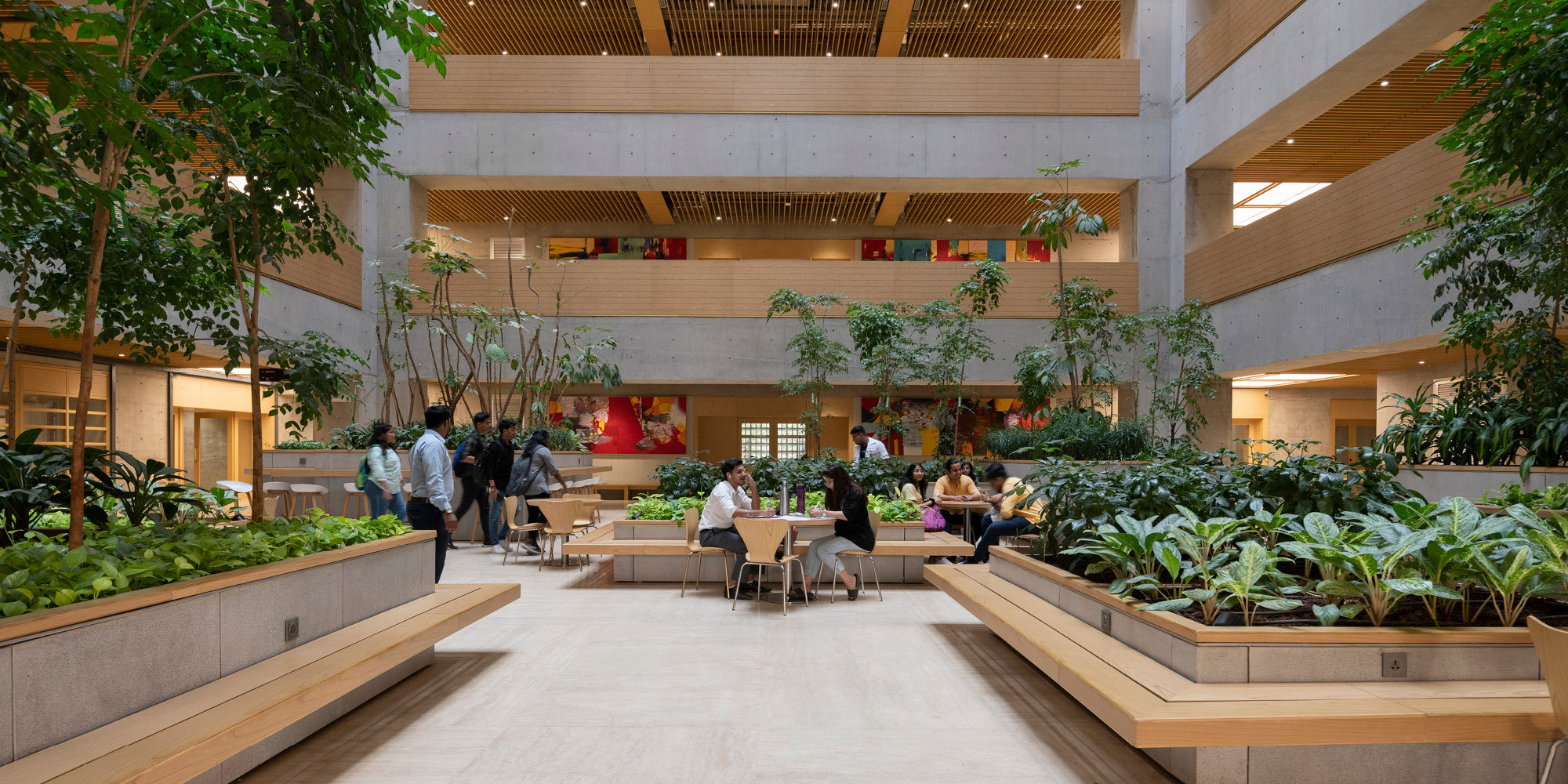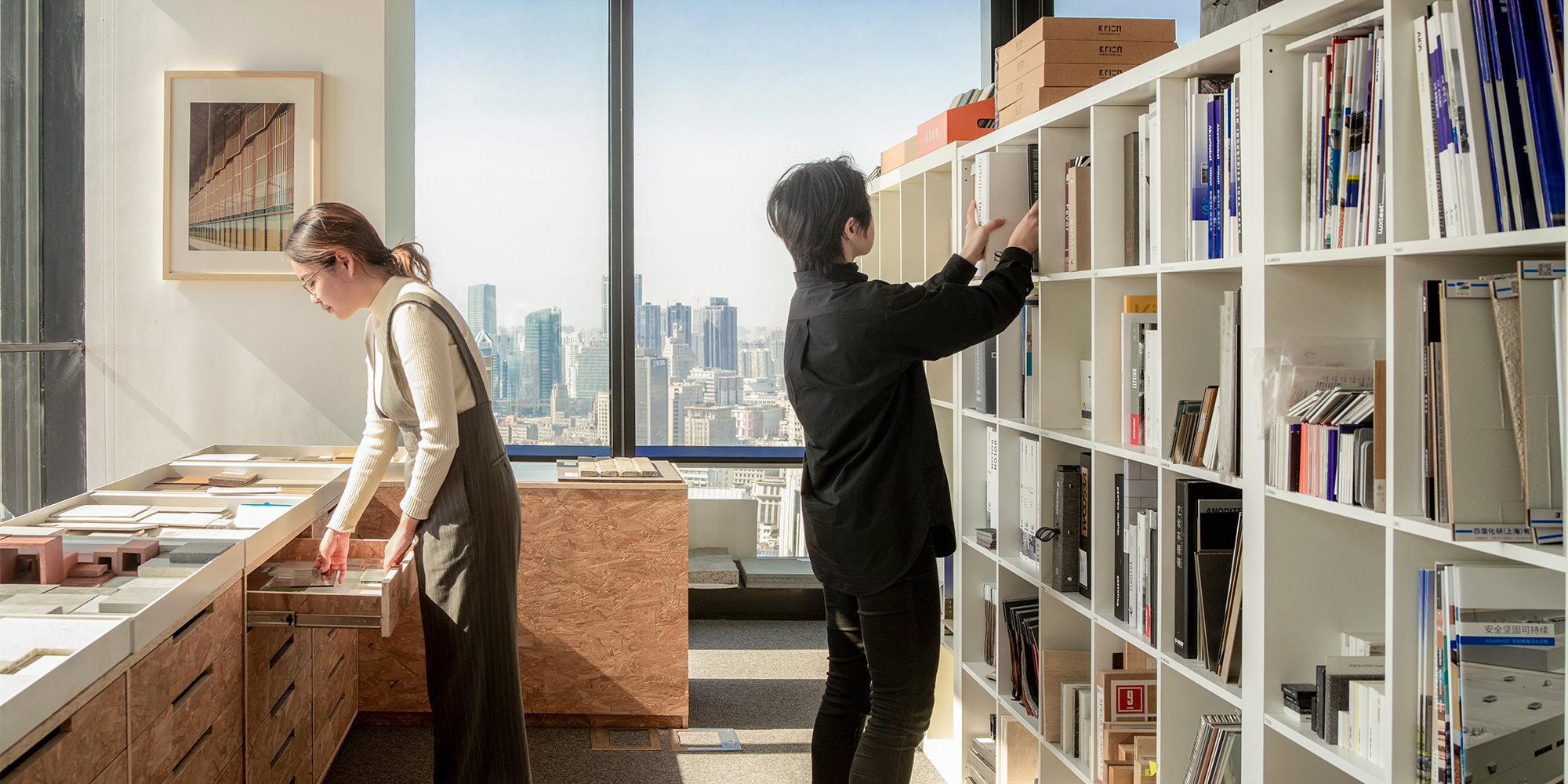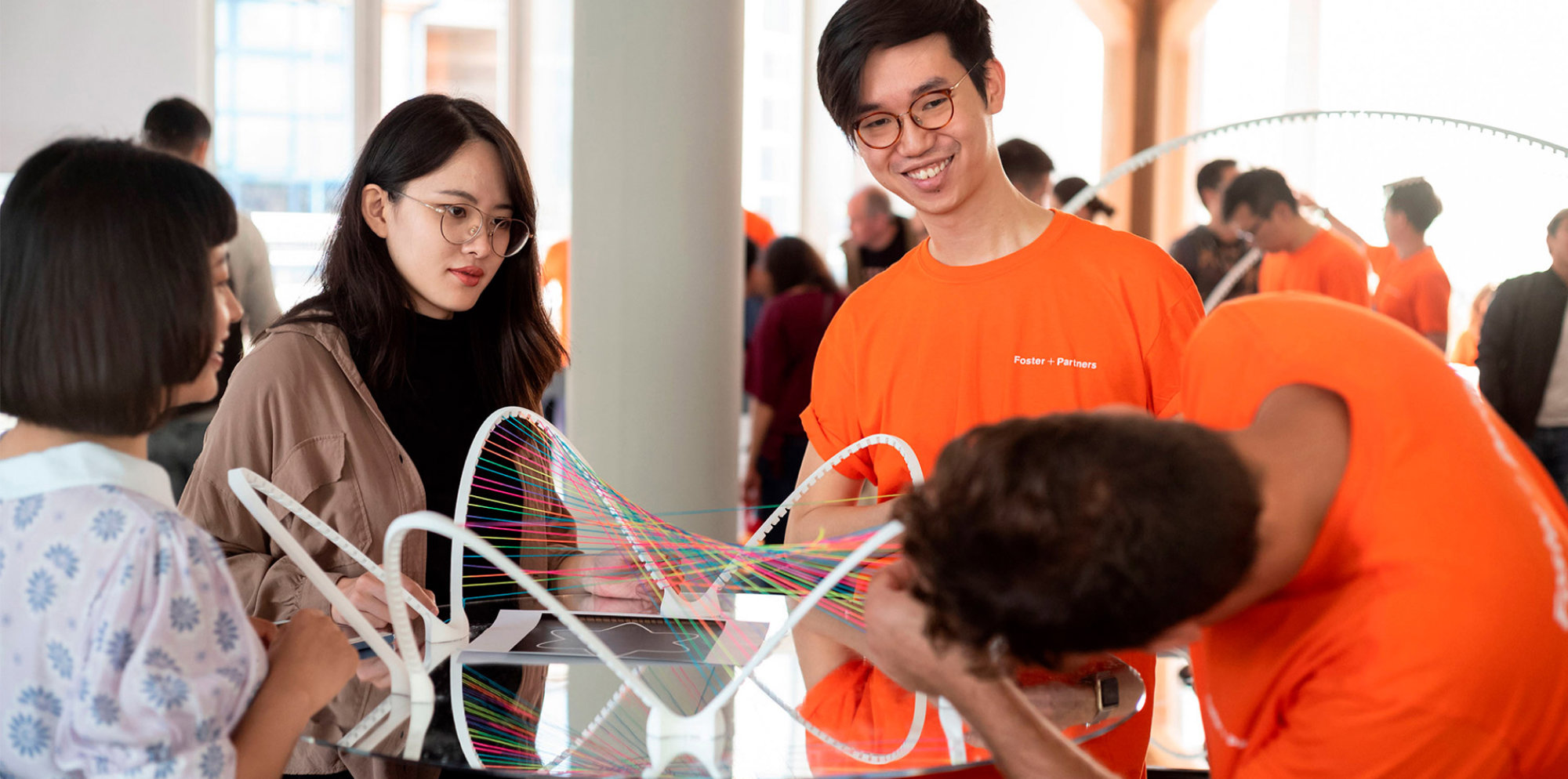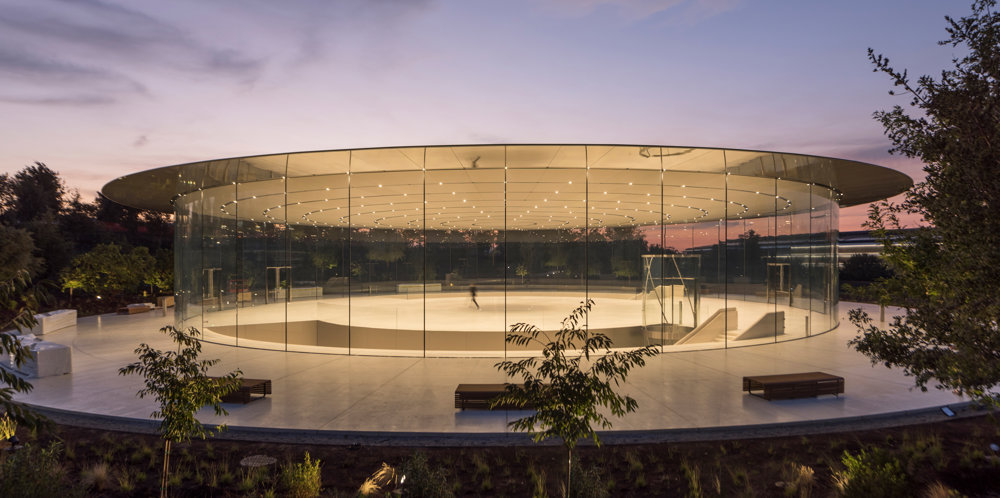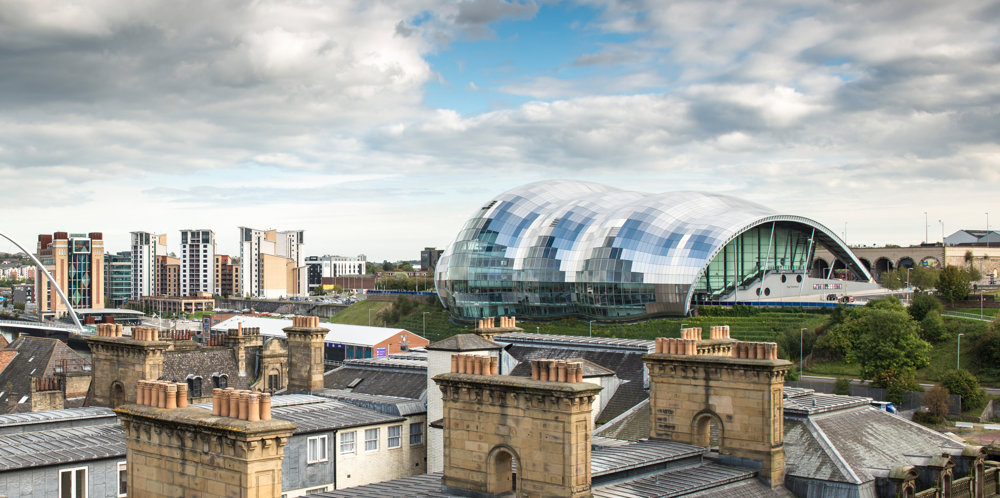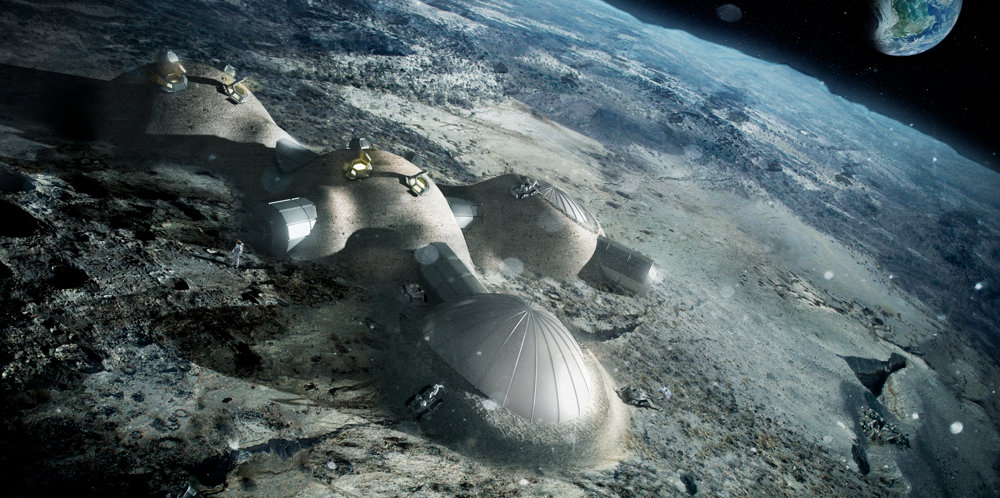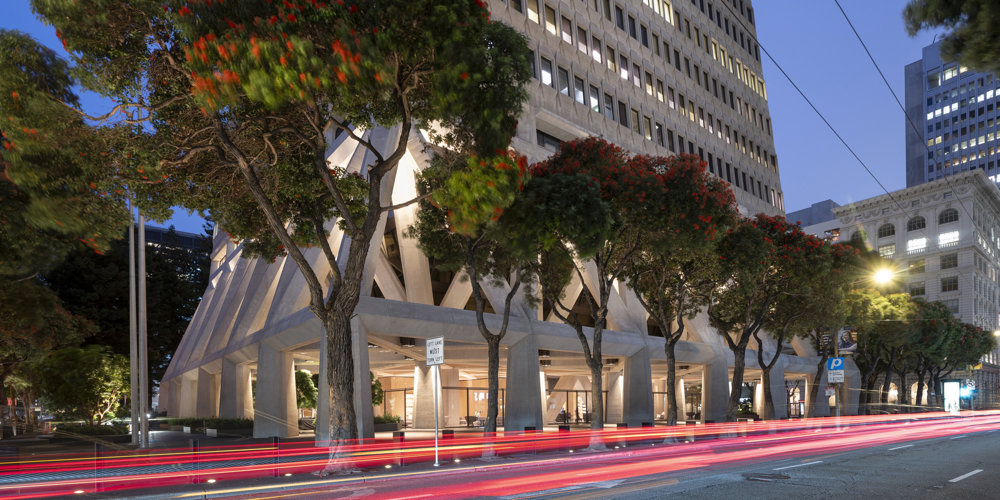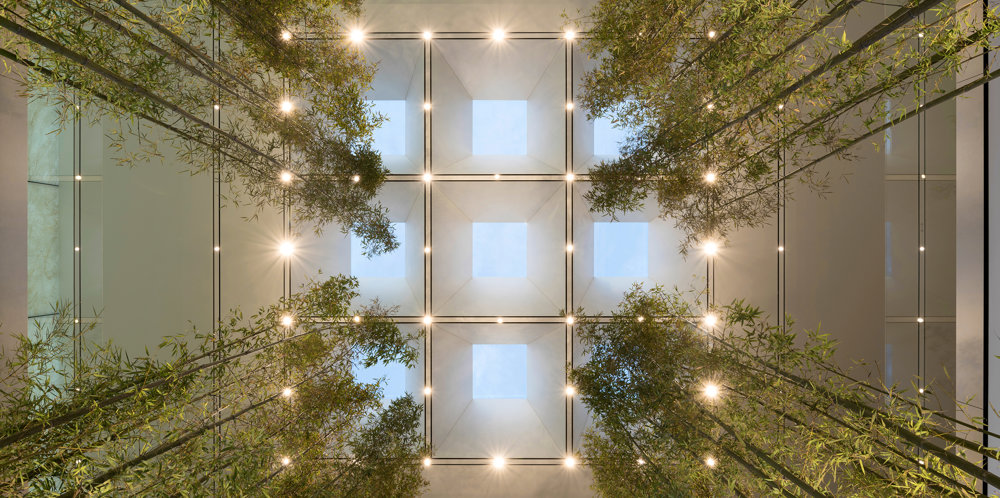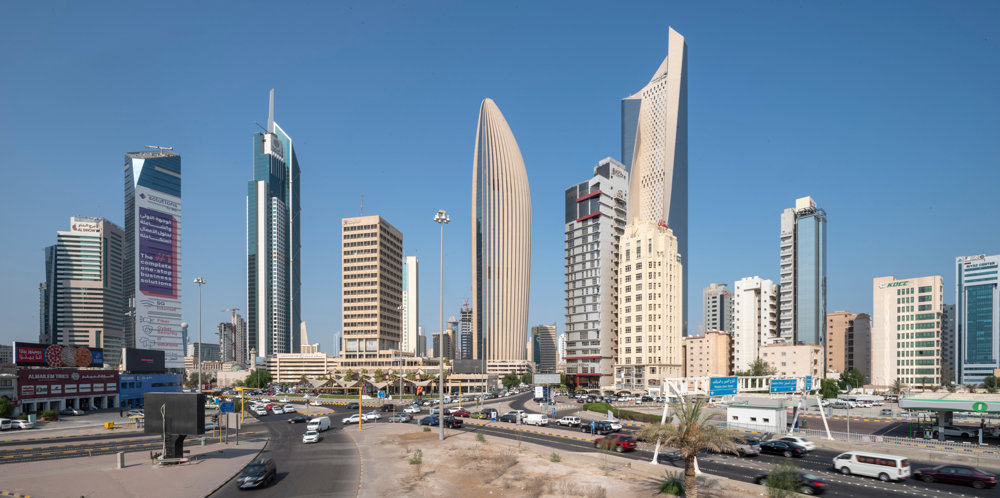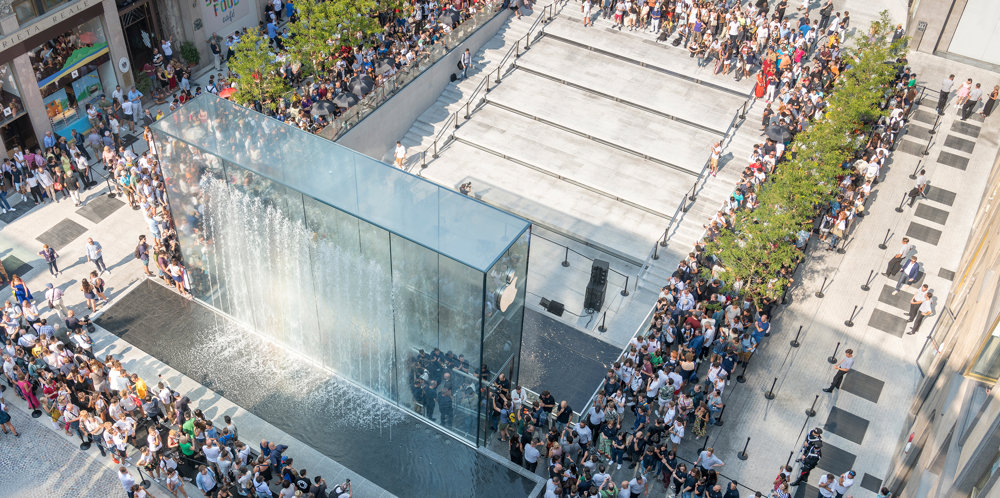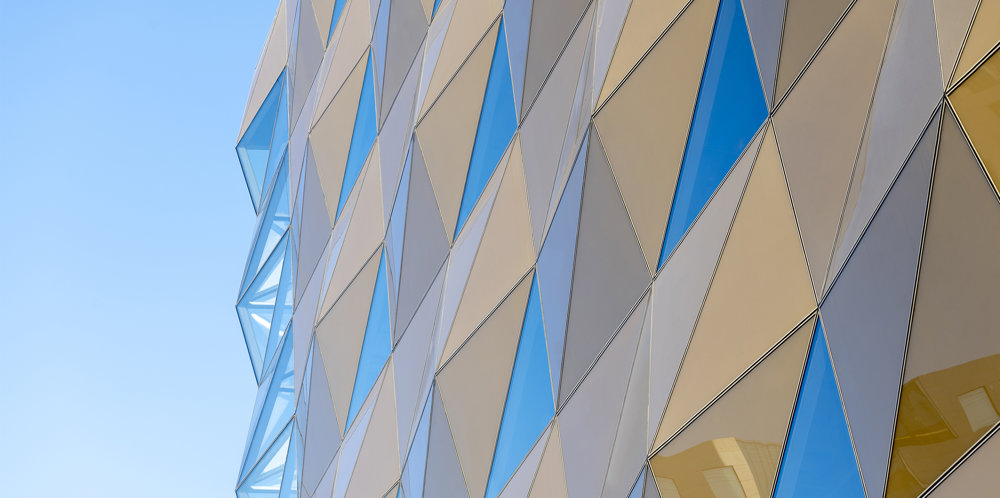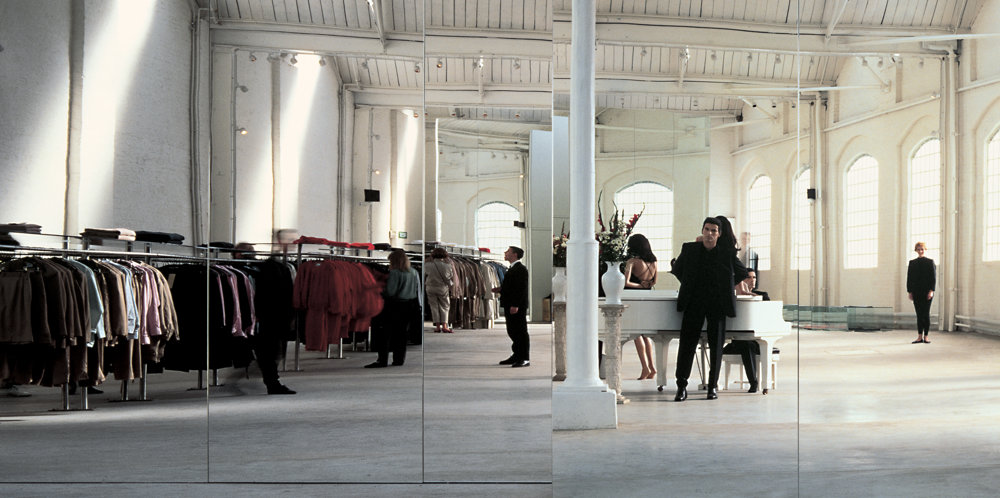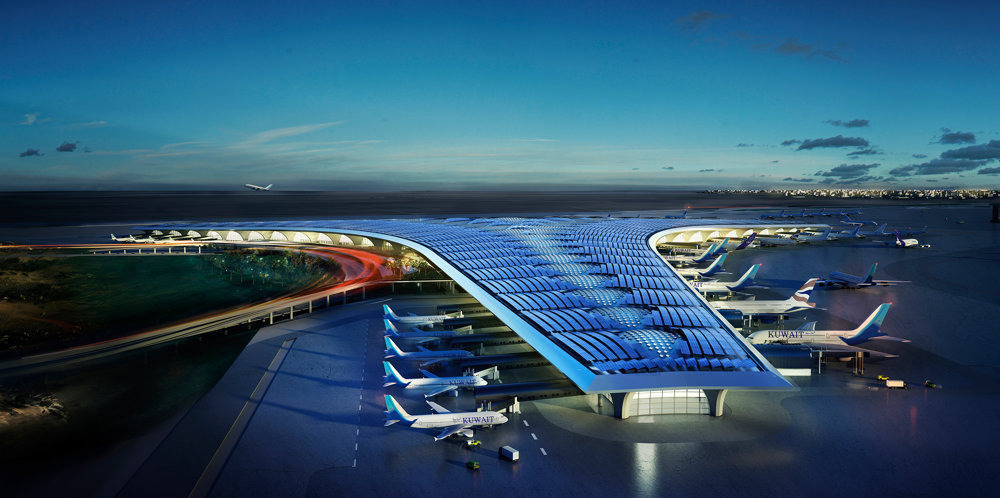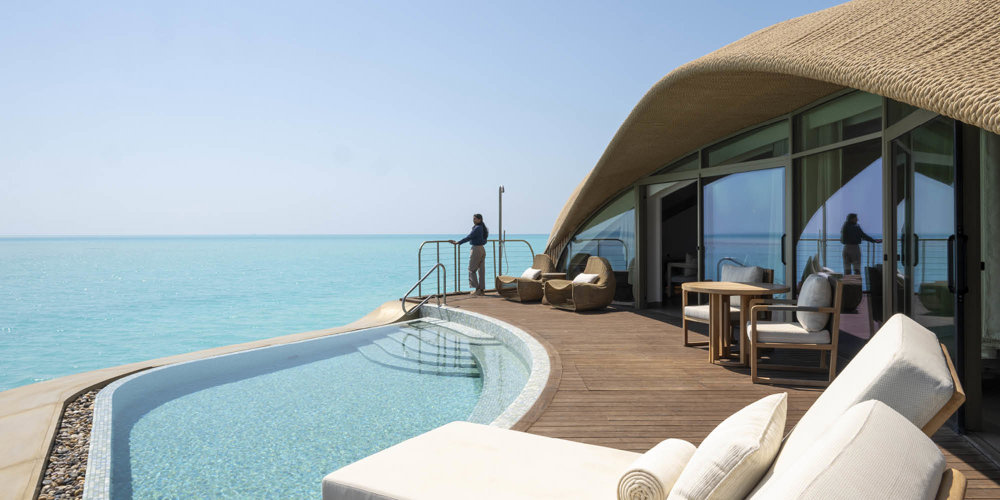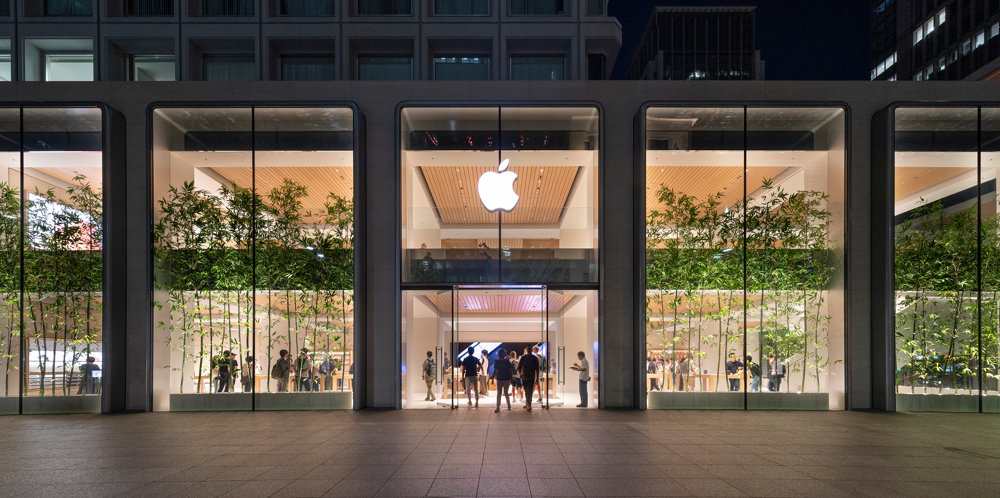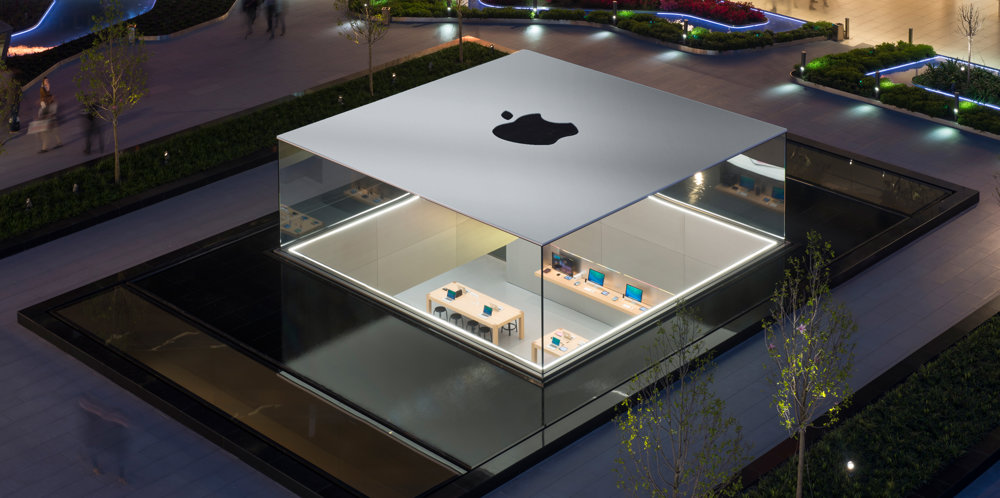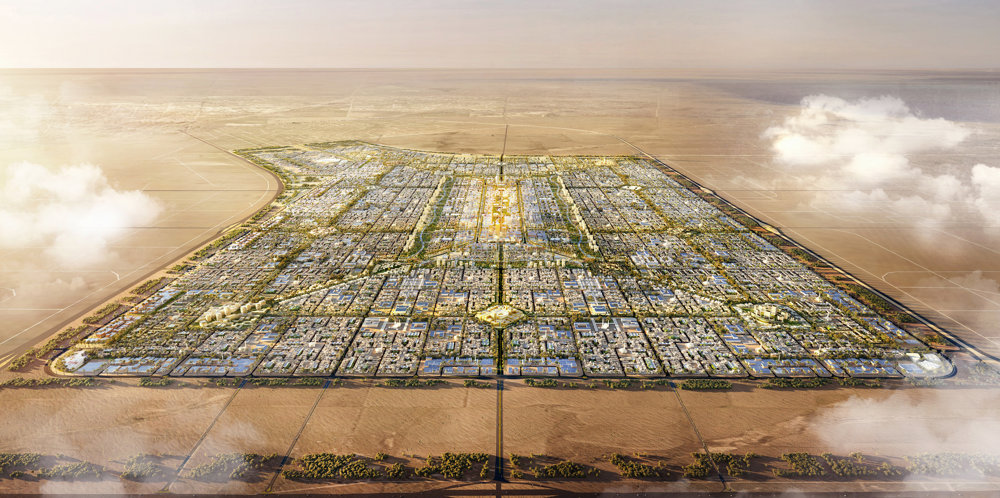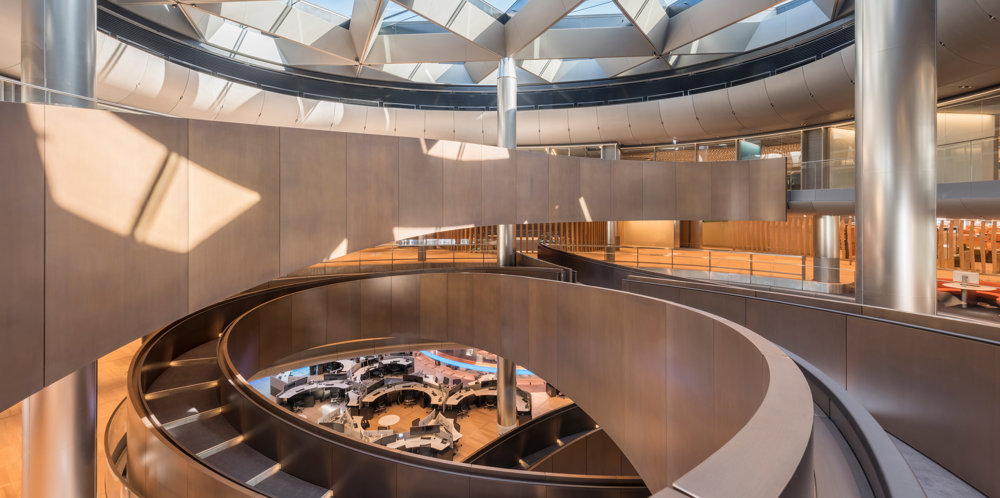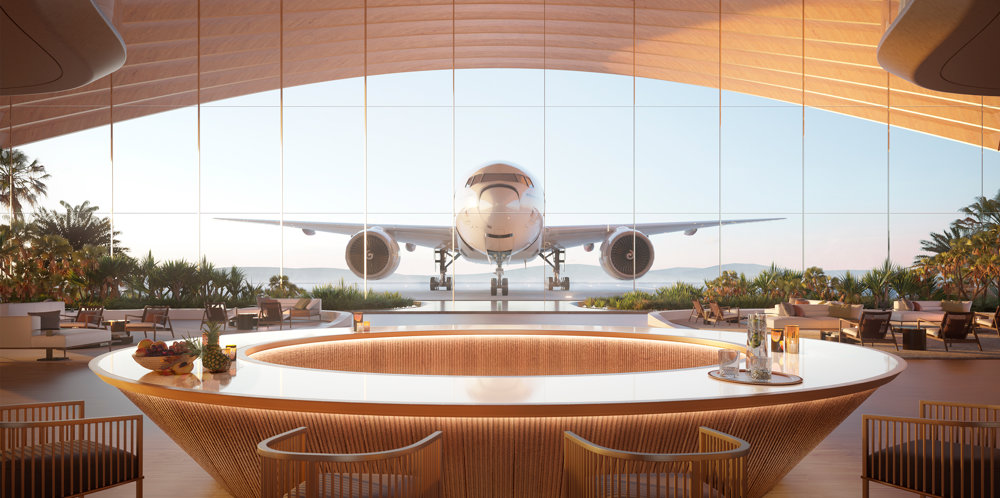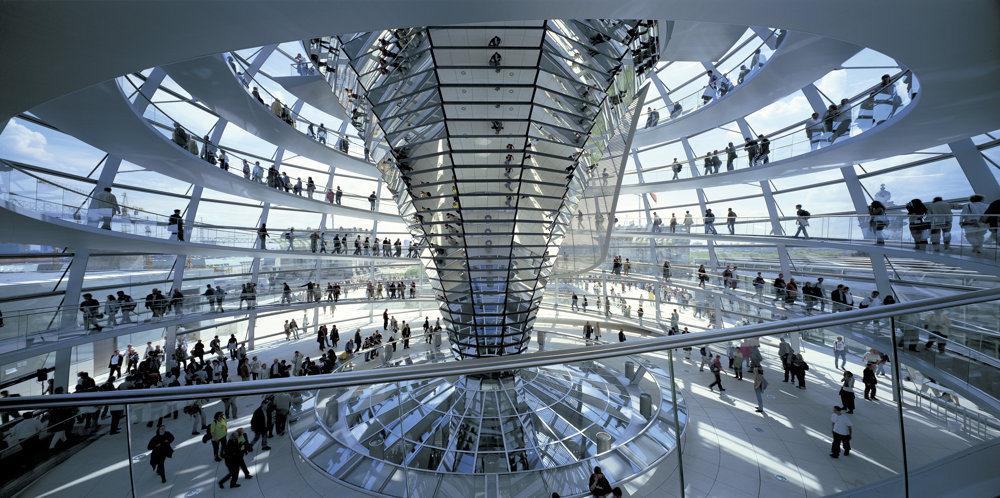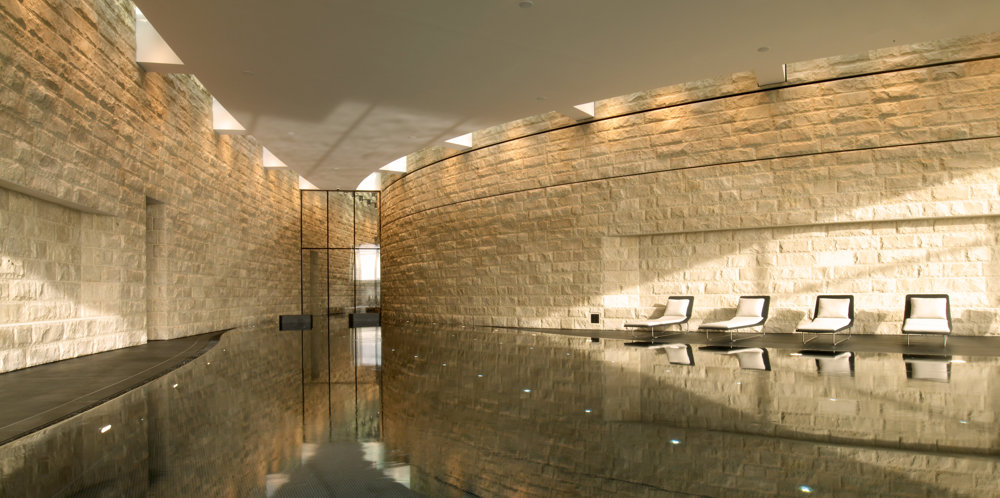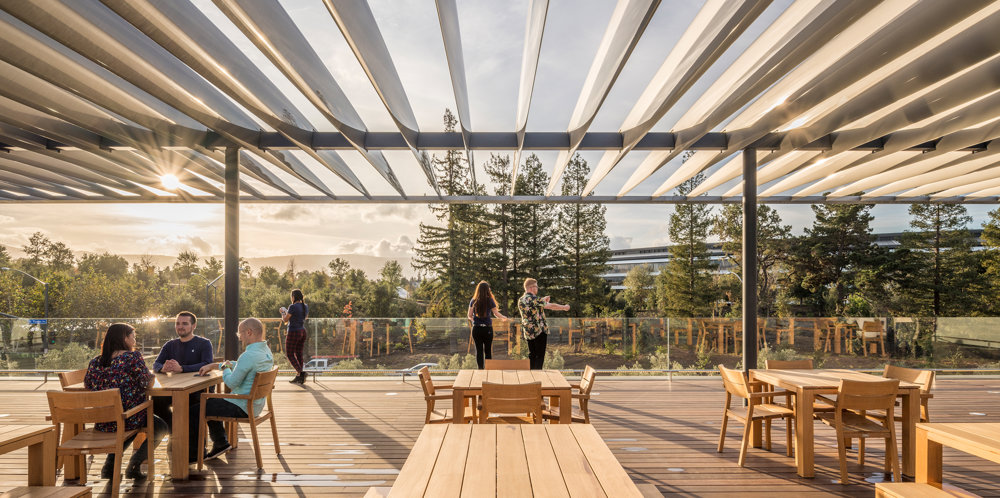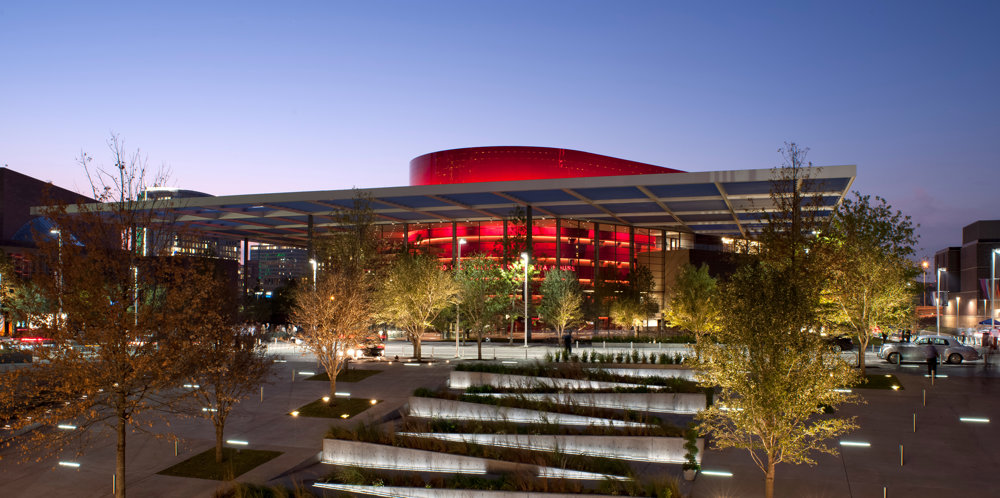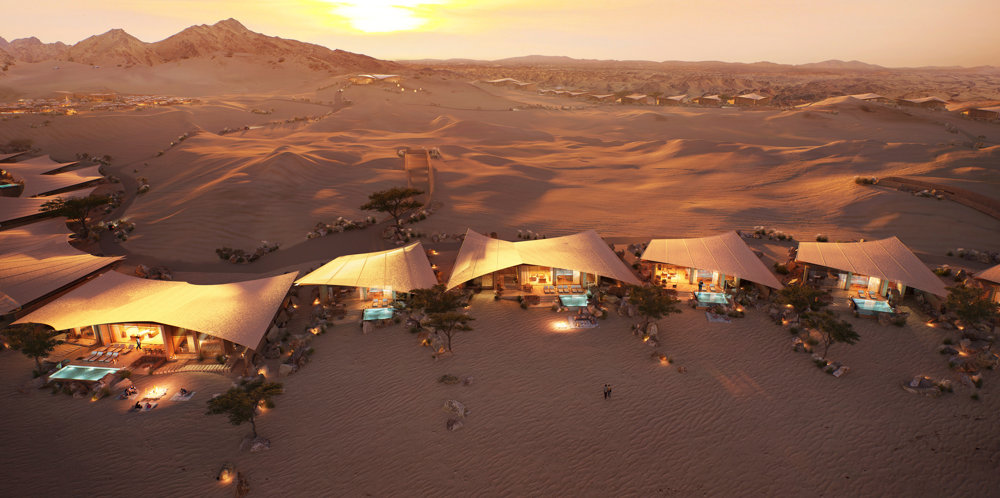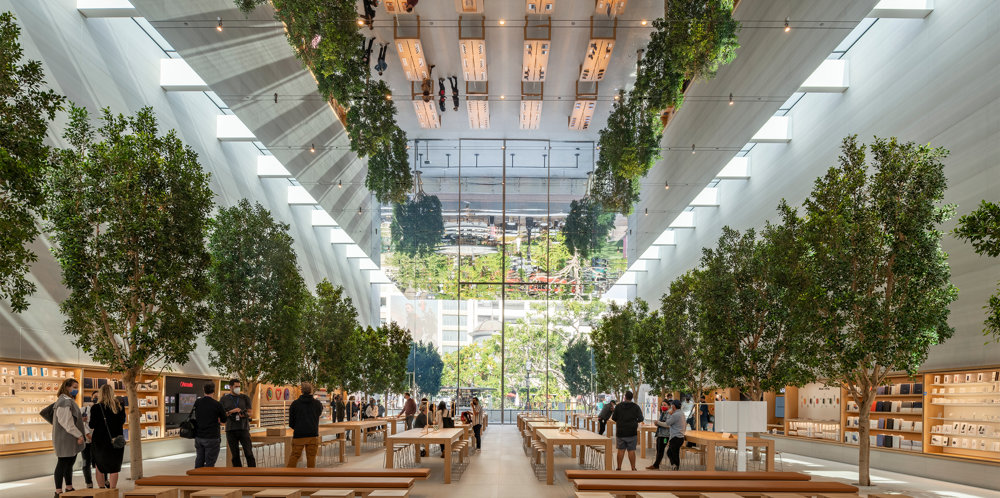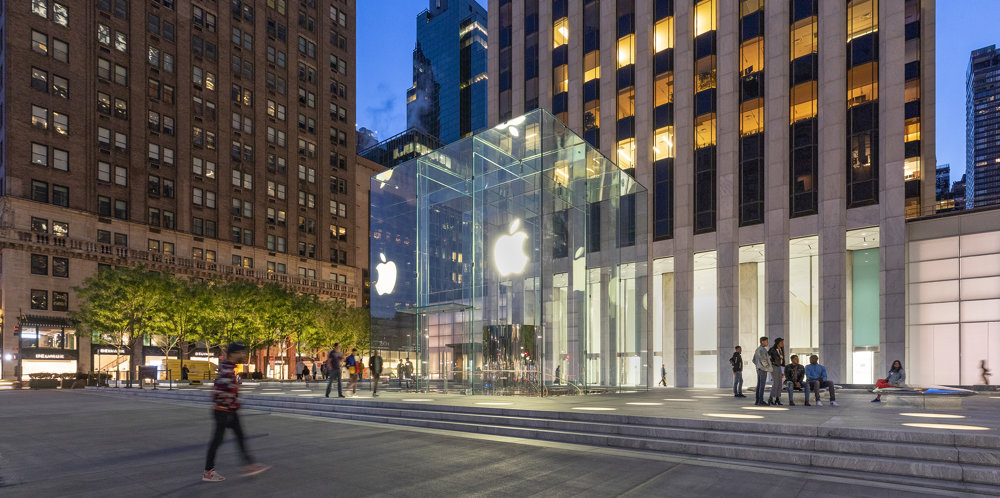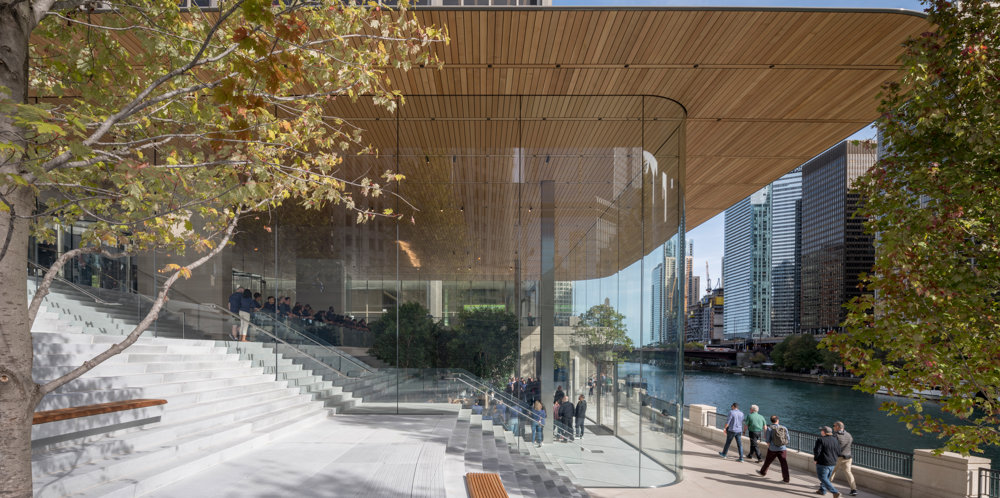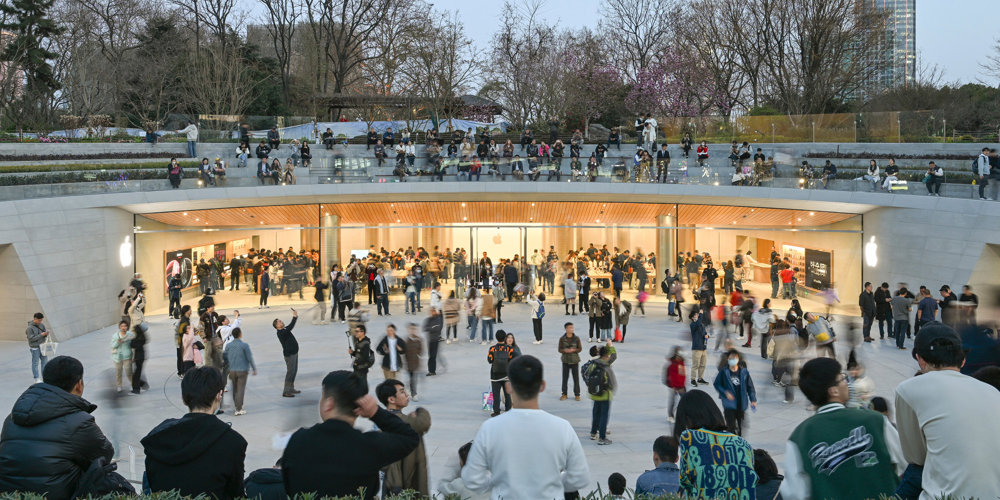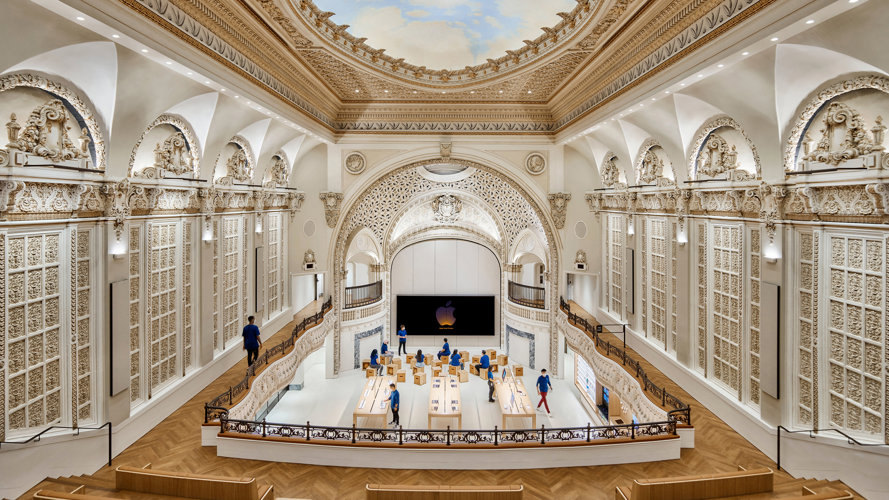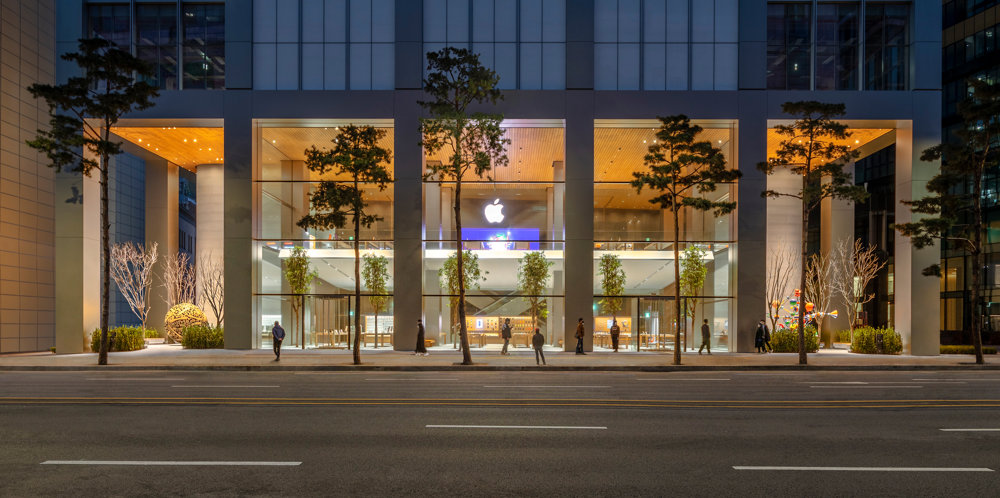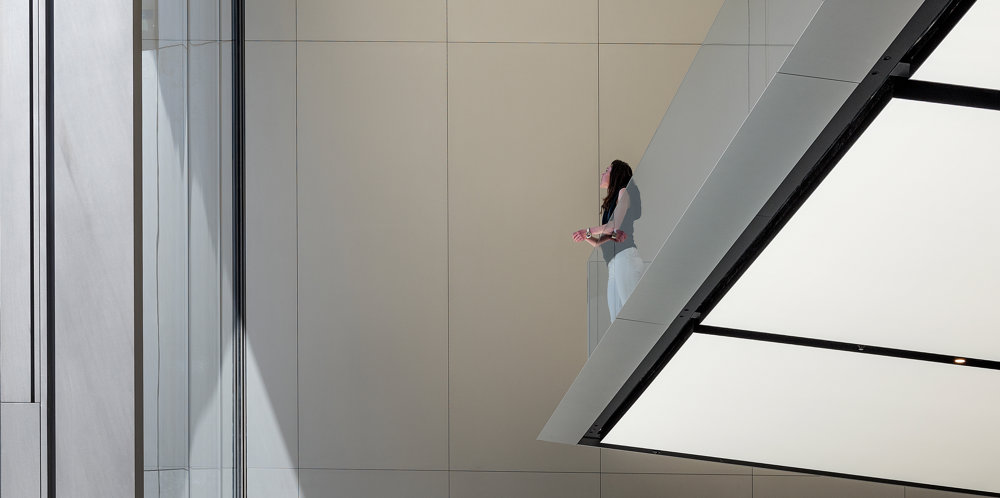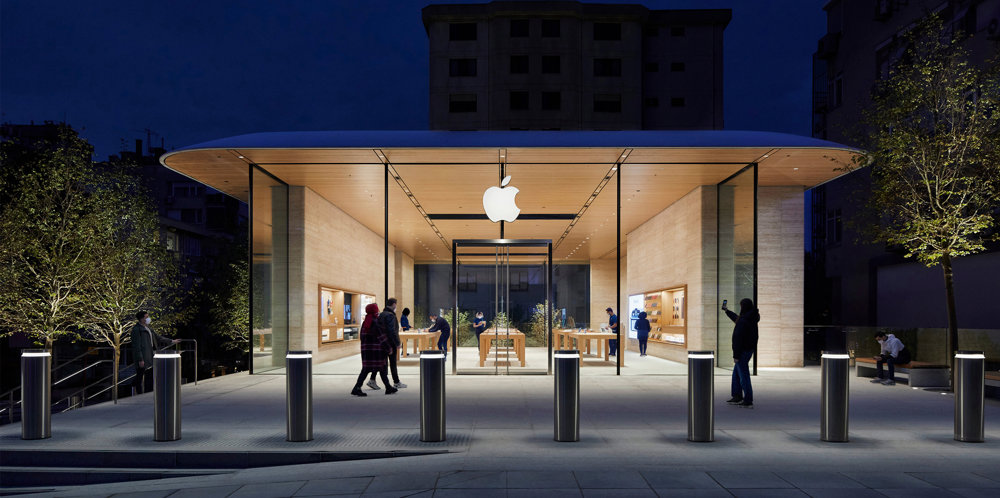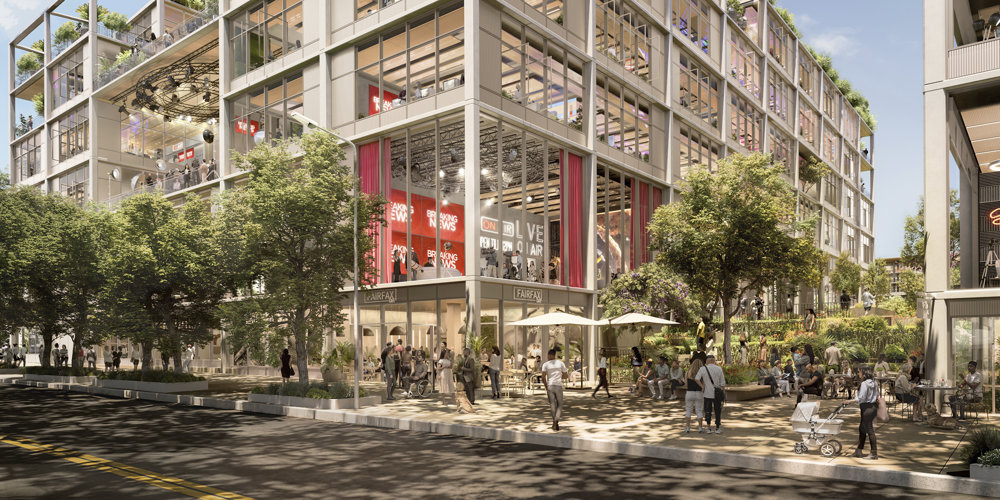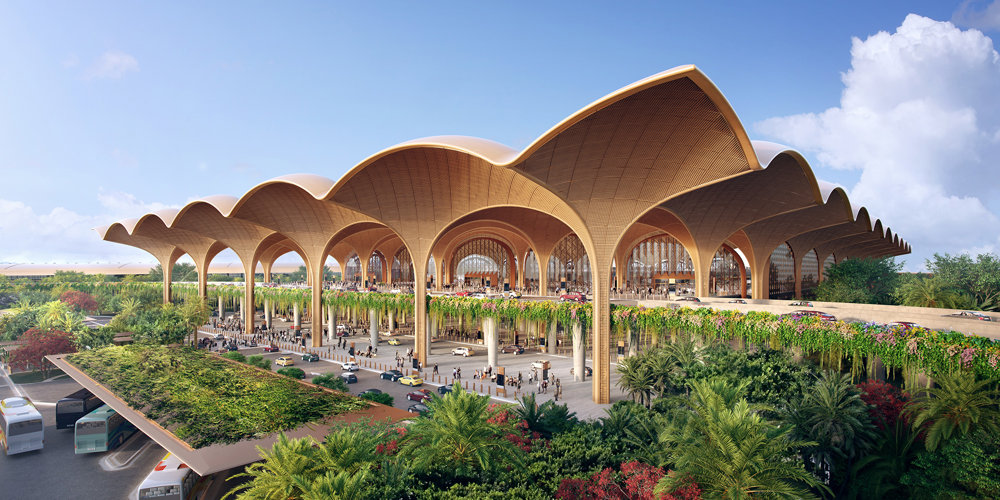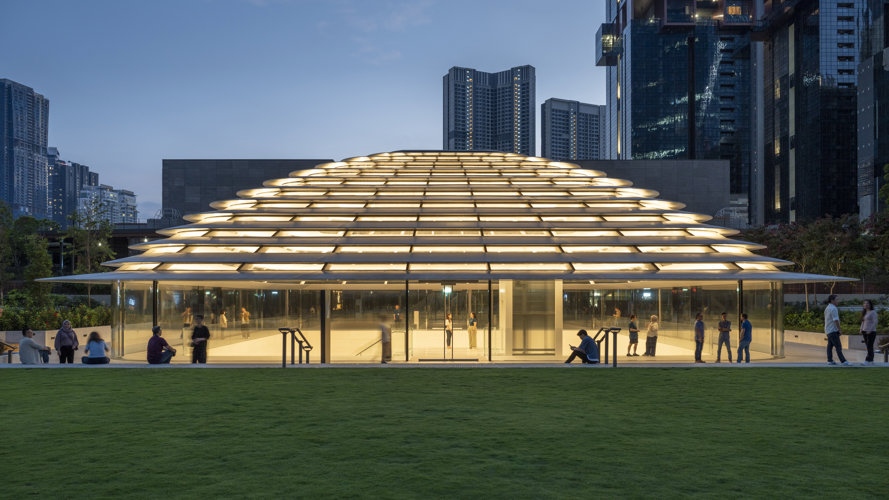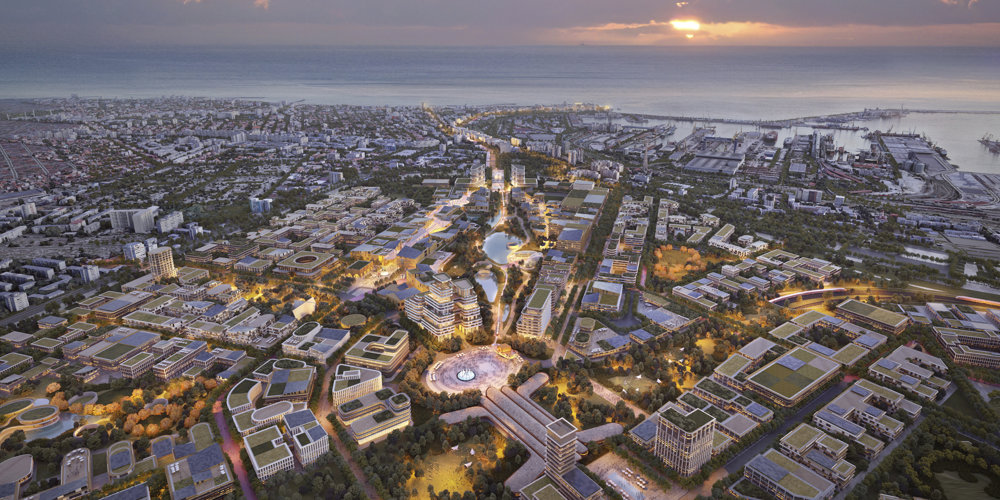Professor Stefan Behling is a Head of Studio, member of the Design Board and was responsible for Integrated Design and Innovative Construction at the University of Stuttgart from 1995 to 2010. He is a passionate advocate for sustainable design, renewable energy and solar energy and has written a book called Sol Power: the Evolution of Sustainable Design with Sophia Behling in 1996. Daylight and artificial lighting have been a strong interest since the beginning of his career. These themes, in addition to natural ventilation and human-centric design, have been prevalent in all his projects. An influential TEDx talk called Architecture and the Science of the Senses, given in 2016, illustrates some of his thinking. In his early career, he worked on the Reichstag, the new German Parliament in Berlin, the Commerzbank Headquarters in Frankfurt, multiple projects in Duisburg, the Free University, Berlin, the Lenbachhaus in Munich, and the McLaren Technology Centre in Woking. Stefan has since been responsible for several international projects with a wide range of scale: from masterplans to skyscrapers, airports, and exclusive private homes. A few highlights include: Apple Park in Cupertino, a large portfolio of Apple stores around the world, headquarters for Apple and Bloomberg in London, which won the Stirling Prize in 2018, Kuwait International Airport and Techo International Airport in Cambodia and many luxury resorts in the Kingdom of Saudi Arabia. Besides a core team of architects in London, he is also responsible for international offices in Kuwait and San Francisco. Stefan has combined the leadership of major projects with the creation of in-house systems and teams to promote environmental design across the practice. He initiated the practice’s Materials Research Centre, one of the largest material libraries in the world, to harness the potential of the latest material advances. He is also responsible for the Specialist Modelling Group, whose input and review uses scientific facts and information to ensure an evidence-based design process. The group also leads the practice’s work in Space Architecture, partnering with ESA and NASA to bring elements of human centric design and wellbeing to their projects.
Stefan Behling
Senior Executive Partner, Head of Studio
Prof. Dipl.-Ing Arch, ARB, RIBA
